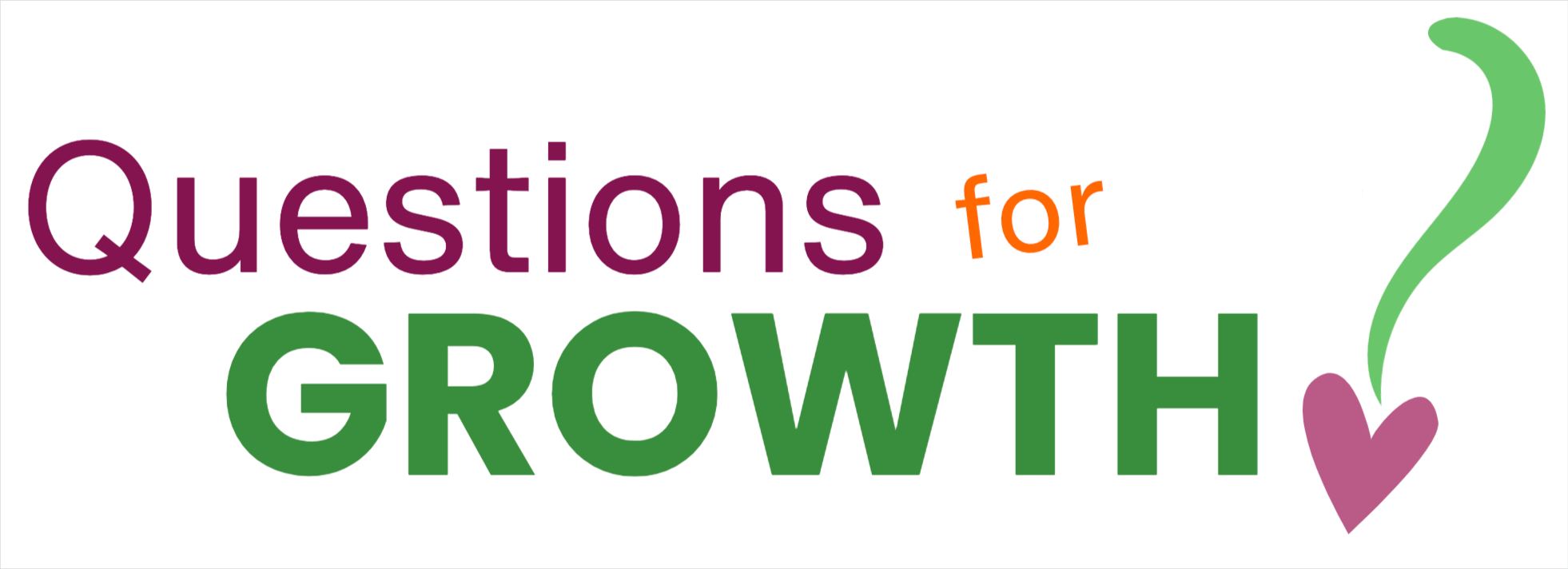Ever feel like “thank you” or “my day was fine” is too small to matter? This video reminds us that tiny words can carry huge meaning, especially for the people who love us.
Lesson Summary
Politeness isn’t about strict rules or being “proper.” It’s about care. Grown-ups (and kids!) have worries and feelings. A simple reply, eye contact, a softer tone, or a clear “thank you” tells someone, “I see you. You matter to me.” Confucius taught that manners aren’t decoration—they’re protection. Harsh words can cut; kind words can shield. When we look up, listen fully, and speak with kindness, we pass a spark that warms both people.
Why This Matters (Rationale)
Social-emotional learning shows that empathy and positive relationships boost well-being and cooperation. Research on character education (e.g., Berkowitz & Bier) highlights that practicing respect and gratitude builds moral habits over time. Motivation science (Ryan & Deci) suggests that feeling connected and valued strengthens our intrinsic motivation to do good—small courtesies create that sense of belonging.
Reflection Prompts
-
When someone asked about your day recently, how did you respond?
-
Which small words—“thank you,” “please,” “good job,” “I’m listening”—feel easiest for you? Which are hardest?
-
Think of a grown-up who helps you. What could you say to let them know they matter?
-
Where could your tone be a little softer this week?
Good Citizens Club Lesson Plan (30 minutes)
Age Group: 8–12
Duration: 30 minutes
Resources: Whiteboard or paper, pens/pencils, a timer, optional sticky notes
1) Starter (5 min): “Tone Telephone”
-
In pairs, Student A says a neutral sentence (e.g., “Thanks for lunch”) in three tones: bored, annoyed, kind.
-
Student B quickly labels the tone and shares how each one felt to receive.
-
Debrief: “What changed even though the words stayed the same?”
2) Main Activity (15 min): “Spark Cards—Small Words, Big Situations”
-
Groups of 3–4 receive cards with everyday scenes (e.g., Someone asks, “How was your day?”, Grandparent sends a gift, Parent serves dinner, Friend shares a drawing).
-
For each card, groups create two versions of a reply:
-
Low-spark (no eye contact, short or silent).
-
High-spark (look up, listen first, kind words, clear thanks).
-
-
They add a protection note: How does the high-spark response protect feelings and the relationship?
-
Quick role-play of their best “high-spark” line with eye contact and tone.
3) Discussion (7–8 min): “Manners as Protection”
Guided prompts:
-
How can the wrong words “cut like a sword”?
-
When have you seen a small “thank you” change a mood?
-
Which is harder: remembering to reply, or choosing a gentle tone? Why?
-
What helps you notice the moment to be polite (a pause, a breath, eye contact)?
4) Plenary (3–5 min): “One Spark Today”
-
Each student writes one specific small action they will do today (e.g., text a thank-you for a gift, say “Thanks for dinner, Dad,” answer a check-in question with one extra detail).
-
Optional: Put sparks on a class “Kindness Meter” poster.
Teacher Tip (SEL Link): Reinforce autonomy and belonging (Ryan & Deci) by letting students choose their own spark and by celebrating effort, not perfection.
Discussion Questions (4–6)
-
Why might adults look strong on the outside but still feel fragile on the inside?
-
Confucius said manners protect us. What feelings do kind words protect?
-
If silence can be misunderstood, what’s a simple way to show “I see you”?
-
How does tone change the meaning of the same words?
-
Where in your day could a two-second “thank you” make the biggest difference?
-
What’s one polite habit you want to practice this week, and how will you remember?


